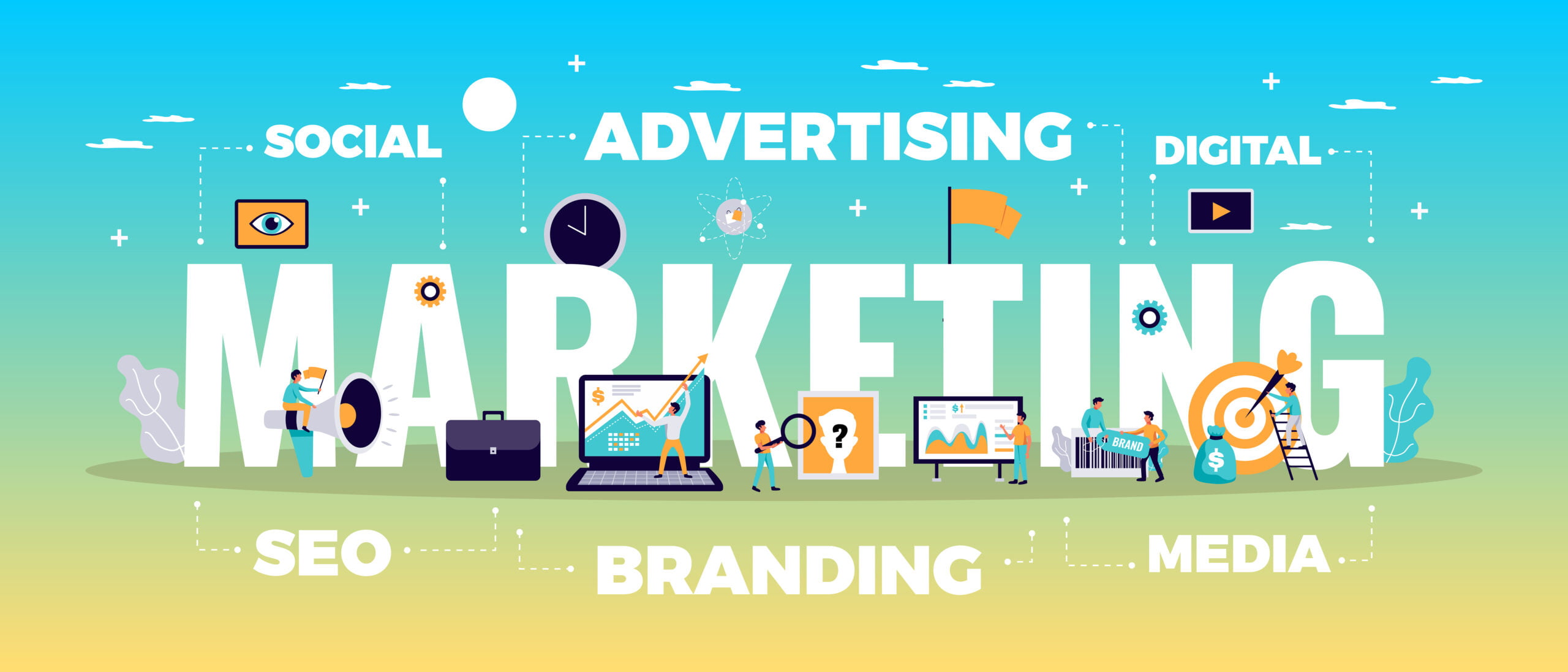A well-crafted digital marketing strategy is essential for businesses to thrive and succeed. A strategic approach enables brands to connect with their target audience, drive engagement, and achieve their marketing goals. In this article, we will explore the key steps and best practices to build a winning digital marketing strategy that delivers results.

The foundation of a successful digital marketing strategy lies in understanding your target audience. Conduct thorough market research to identify their demographics, interests, and online behavior. This knowledge will help you create tailored messages and choose the most effective channels to reach and engage with your audience.
Clearly defining your goals and objectives is crucial in shaping your digital marketing strategy. Whether it’s increasing brand awareness, driving website traffic, generating leads, or boosting sales, your goals should be specific, measurable, achievable, relevant, and time-bound (SMART). These goals will serve as a roadmap for your strategy and guide your decision-making.
With numerous digital channels available, it’s important to select the ones that align with your target audience and goals. Whether it’s search engine optimization (SEO), social media marketing, email marketing, content marketing, or paid advertising, each channel has its own strengths and advantages. Assess your audience’s online behavior and preferences to determine the most effective channels for your brand.
Content lies at the heart of digital marketing. Create high-quality, relevant, and engaging content that resonates with your target audience. Whether it’s blog posts, videos, infographics, or social media updates, your content should provide value, solve problems, and connect with your audience on an emotional level. Consistently delivering valuable content will establish your brand as an authority in your industry and attract and retain your target audience.
A solid SEO strategy is essential for improving your brand’s visibility and organic search rankings. Optimize your website’s on-page elements, such as meta tags, headings, and keyword-rich content, to make it search engine-friendly. Additionally, focus on building high-quality backlinks from reputable websites, enhancing user experience, and ensuring mobile-friendliness to boost your SEO efforts.
Social media platforms offer a powerful avenue to connect with your audience, build brand awareness, and foster engagement. Choose the right social media channels based on your target audience’s preferences and behaviors. Regularly post engaging content, interact with your audience, and leverage social media advertising to expand your reach and drive conversions.
Continuous monitoring and analysis of your digital marketing efforts are crucial for optimizing your strategy. Utilize analytics tools to track key performance indicators (KPIs) such as website traffic, engagement metrics, conversion rates, and ROI. Identify trends, strengths, and areas for improvement, and make data-driven decisions to refine your strategy and achieve better results.
The digital marketing landscape is dynamic and ever-evolving. Stay updated with the latest trends, algorithm changes, and industry insights. Be agile and willing to adapt your strategy based on market shifts and consumer behavior. Embrace new technologies and innovations to stay ahead of the competition and continue to deliver value to your audience.
Building a winning digital marketing strategy requires a deep understanding of your audience, clear goals, effective channel selection, compelling content creation, optimization techniques, social media engagement, data analysis, and adaptability. By following these key steps and best practices, you can create a strategic and cohesive approach that drives growth, enhances brand visibility, and helps you achieve your digital marketing goals.

Founder & CEO Slogan®